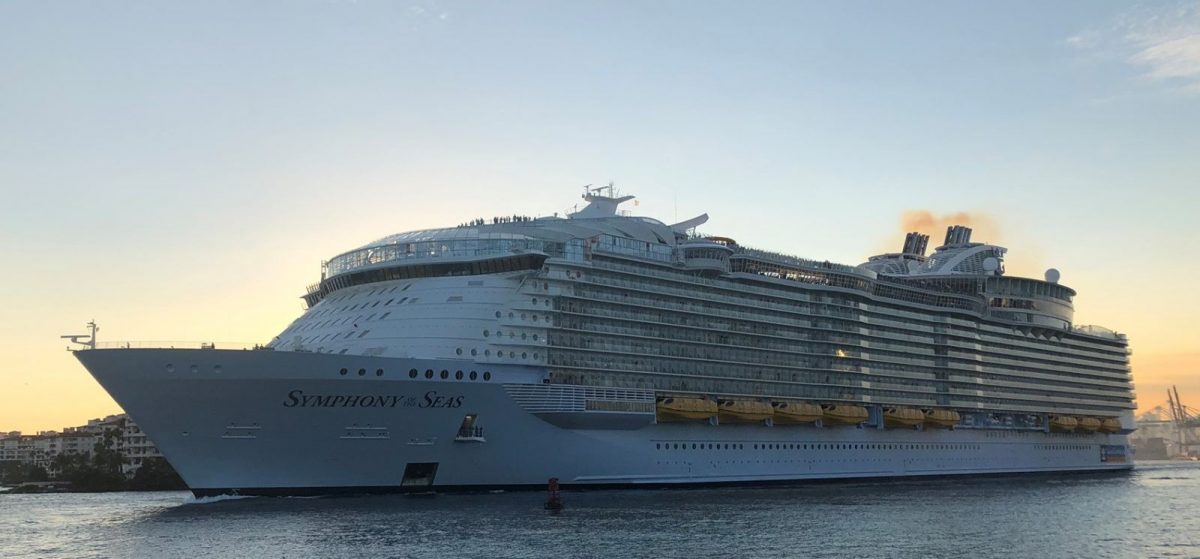Uncertainty and Flux Fertile Ground for Business says andBeyond’s Sustainability Director
Formerly known as CCAfrica – andBeyond, and the andBeyond Foundation are key institutions in Africa’s success as a tourism destination. andBeyond is dramatically expanding, not only within the African continent, but also in Latin America and India.
Valere Tjolle talks to Claire Howse, andBeyond’s Sustainability Director about her hopes and fears for the future
Q: What do you see as the greatest sustainable tourism achievement to date? In the industry as a whole?
The growth in declared protected areas and ocean reserves – according to some studies this has grown almost 10-fold in 30 years. So whilst we are fully aware of the loss of habitat and biodiversity, and it remains enormously concerning, the fact that private tourism enterprise and national tourism agendas have help defend, extend and formalise park frontiers is an important development in itself..
Q: What do you see as the greatest sustainable tourism achievement to date? By &Beyond?
The most obvious case for sustainable development for us has been Phinda Private Game Reserve in South Africa. What was, just 17 years ago, largely degraded and bankrupt farmland has been reclaimed for wildlife and is now a spectacular game reserve encompassing an impressive 55,000 acres of prime wilderness land and seven distinct habitats, creating livelihood hundreds of local people.
Phinda’s conservation victories have been well-recognised, particularly the scale and success of game reintroduction and breeding programmes, notably of rhino, cheetah, lion and elephant.
The real triumph for sustainability has been the return of the land to the community, who now are owners and landlords of this restored heritage. This reinforces the substantial economic empowerment for the local people brought by the reserve through employment, skills development and now rentals that andBEYOND pays to the community trust. The communities have in turn committed the land to conservation in perpetuity as the economic wisdom of the model makes sense.
Q: What do you see as a key factor to riding the storm in 2009?
Tourism is going to go through a pressure cycle, along with every other industry. andBEYOND, like every other business needs to be fleet-of-foot and scrutinise the business, implementing efficiencies that effect savings and manages the cost base very carefully.
However the danger, especially in the luxury tourism market, is the temptation to shave away the “frills” in a quest for a leaner business, but this may ultimate erode what it is attracting your guests. We perceive that the days of conspicuous spending on extravagant goods may be passing, but this doesn’t mean that the demand for experiences with meaning and the desire to get the best out of life is diminished.
So we believe that a brand like andBEYOND, which immerses guests in soul-stirring adventure and wraps them heartfelt hospitality, guiding them through places where the world is still wonderful, can deliver today’s ultimate luxury.
And it’s a luxury that our market may be less willing to sacrifice, particularly over this stormy period when physical materialism is losing its lustre.
Q: The future looks pretty challenging – climate change, global political instability, the economic situation, fuel, food, water, population increases, changes in tourism source markets. Which of these challenges do you think hold the most danger, and which hold the most potential opportunities?
In any commercial market, change and instability no matter how dire hold opportunities. Uncertainty and flux is fertile ground for business, it creates gaps in existing markets, where old and new players can reinvent themselves and sometimes allows for the creation of whole new markets.
To some extent the pressures that exist in the current global situation have created a platform for ecotourism to grow. The sense that we are running out of time, running out of space, and even running out of meaning are positive influencers for a market which trades on rarity and experiences that take the traveller to exotic, “other-worldly” places.
The shift in consciousness around the impact we as humans have, may signify a much-needed turning point for our behaviour, however there is opportunism aplenty.
Firstly lets take a look at greenwashing – a hotel that serves organic olives can call itself “eco-friendly”, yet pay no heed to their real physical and social impact. However there is a second, but more complex issue which is the phenomenon of “Last Chance to See”. As we succeed in creating awareness and appreciation of our natural treasures, we inadvertently may be loving these places to death. Likewise, as we recognise the importance of creating economic benefits for communities, the scramble for a share often threatens the very destination’s selling point. Overcrowded, overtraded and overutilised is
The challenge when it comes to responsible business, and particularly in tourism, then, is to think further ahead than short-term opportunism.
“Sustainability” is an important word – it demands that we truly examine whether we hone our actions and our enterprise into something that will last. At its very root is the concept of successful preservation. Twinning commercial nous and a creating a genuine, shared will to protect world’s remaining wonders is a powerful combination now and in the future.
Q: It’s pretty difficult to see the future at the moment, after all EVERYTHING could change. Are you willing to be a little brave and tell us how you see it in 2020? 2050?
Tough one – from a business perspective it may be rash to take a stab at these kinds of predictions. However as the world becomes ever more crowded I think the next 20 years will amplify the value placed on wilderness experiences and ensuring their sustainability, not just by the companies and communities that depend on them, but also by the next generation who have much keener sense of the precariousness of our planet. There seems to be real shift in appetite to leave a positive legacy.
That has to be encouraging for the sustainability of our business model which links communities, conservation and enterprise.
Q: What do you suggest should be the industry’s key focus issue in 2009?
The focus for players throughout the industry will of course be survival but from an environmental perspective the spotlight on efficiencies is an opportunity to reduce some of our negative impact like unnecessary energy consumption. More than ever the CEO’s will be alert to new, less consumptive ways of operating, particularly where there is a bottom-line value attached.
Q: And what will &Beyond’s be?
Aside from managing efficiencies within our business and effectiveness within our transaction processes with guests and the travel industry, we see this as an excellent period to reinforce and galvanise our value proposition, so that in the eventual upswing, we are well positioned to maximise our growth opportunities.
 United Kingdom
United Kingdom United States
United States Asia Pacific
Asia Pacific












































CLIA expands trade support with expedition event
Qatar Airways adding Manchester flights
Jet2 unveils Samos as new Greek destination for summer 2026
EU entry-exit system delayed again
ATC strike in Greece could disrupt flights this week